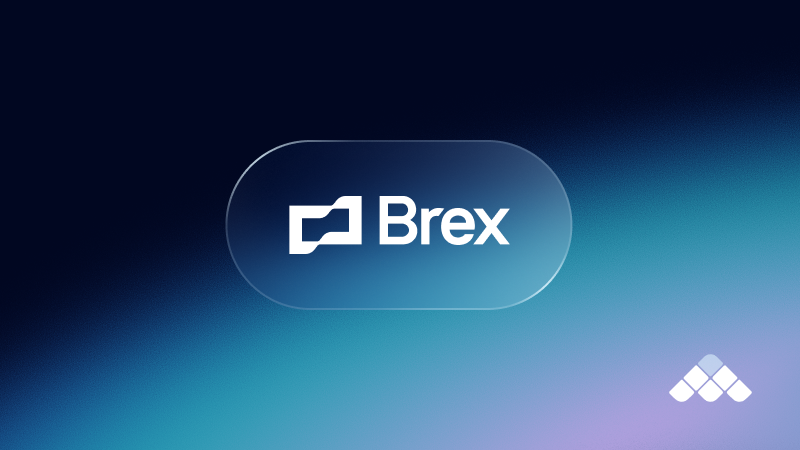Brex is an intelligent finance platform trusted by 30,000+ companies. With rapid growth came the need for high-volume sales hiring. But the hiring team included new managers who hadn't hired at that volume before, and sales skillsets can be notoriously subjective.
As Director of Global Business Recruiting Danielle Harders explains, “we wanted very clear and objective criteria so that we could measure every candidate equitably and consistently. We needed to make sure that those areas were evaluated thoroughly across the board without any unintentional or unconscious bias creeping in.”
To drive consistency and fairness at scale, Brex turned to Metaview.
Structured rubrics for objective evaluations
To reduce ambiguity, Danielle’s team codified what success looks like with structured rubrics. They then feed that into Metaview templates to ensure that all interviewers have hard and fast criteria, with no guesswork on their end.
- Danielle Harders, Director of Global Business Recruiting
And it really pays off at the end of the process, when key questions make a big difference. “We may need to know whether a recruiter or hiring panel went deeper on a certain topic,” says Business Recruiter Lydia An. “Being able to go back to Metaview, pull those exact notes, and see exactly what was said has been really helpful.”
Hiring decisions are now rooted in consistent, high-quality signals—not gut feel.
Decisions driven by real interview data
Metaview doesn't just capture interviews—it turns them into strategic insights. Brex’s team now uses features like AI Reports to answer questions like:
- Are we consistently assessing the right traits?
- Are mock demos filtering out the right people?
- Are salary expectations aligned with our comp bands?
“We have conversations around specific numbers and metrics,” says Lydia. Being able to bring these to the leadership team during the decision making process has been a really huge help.”
- Danielle Harders, Director of Global Business Recruiting
Reports also highlight recurring issues in the hiring pipeline, either with specific managers or the process itself. Or there are conflicting results in values interviews, which can be famously subjective.
Those insights let Danielle and her team proactively flag issues, coach interviewers, and improve the process across the board.
Better assessment of mock demos
Sales demos are a standard part of the process—and notoriously hard to evaluate. Every candidate presents differently, and things like energy or style can easily overshadow substance.
With Metaview’s structured templates, Danielle’s team now anchors feedback in real traits. The result is a more uniform, reliable approach to mock interviews.
- Danielle Harders, Director of Global Business Recruiting
Reports also uncovered trends that would’ve gone unnoticed, like overly harsh ratings or common blind spots. Now, the team can course-correct with coaching, not just through post-interview debates and debriefs.
Early wins in offer rates
Just weeks after implementing the structured rubrics alongside Metaview reporting, Brex saw its onsite-to-offer rate jump from ~30% to nearly 50%. That’s a big shift in a short time, and a promising early signal. It means stronger candidates are making it through—and interviewers are aligned on what “great” looks like.
- Danielle Harders, Director of Global Business Recruiting, Brex


